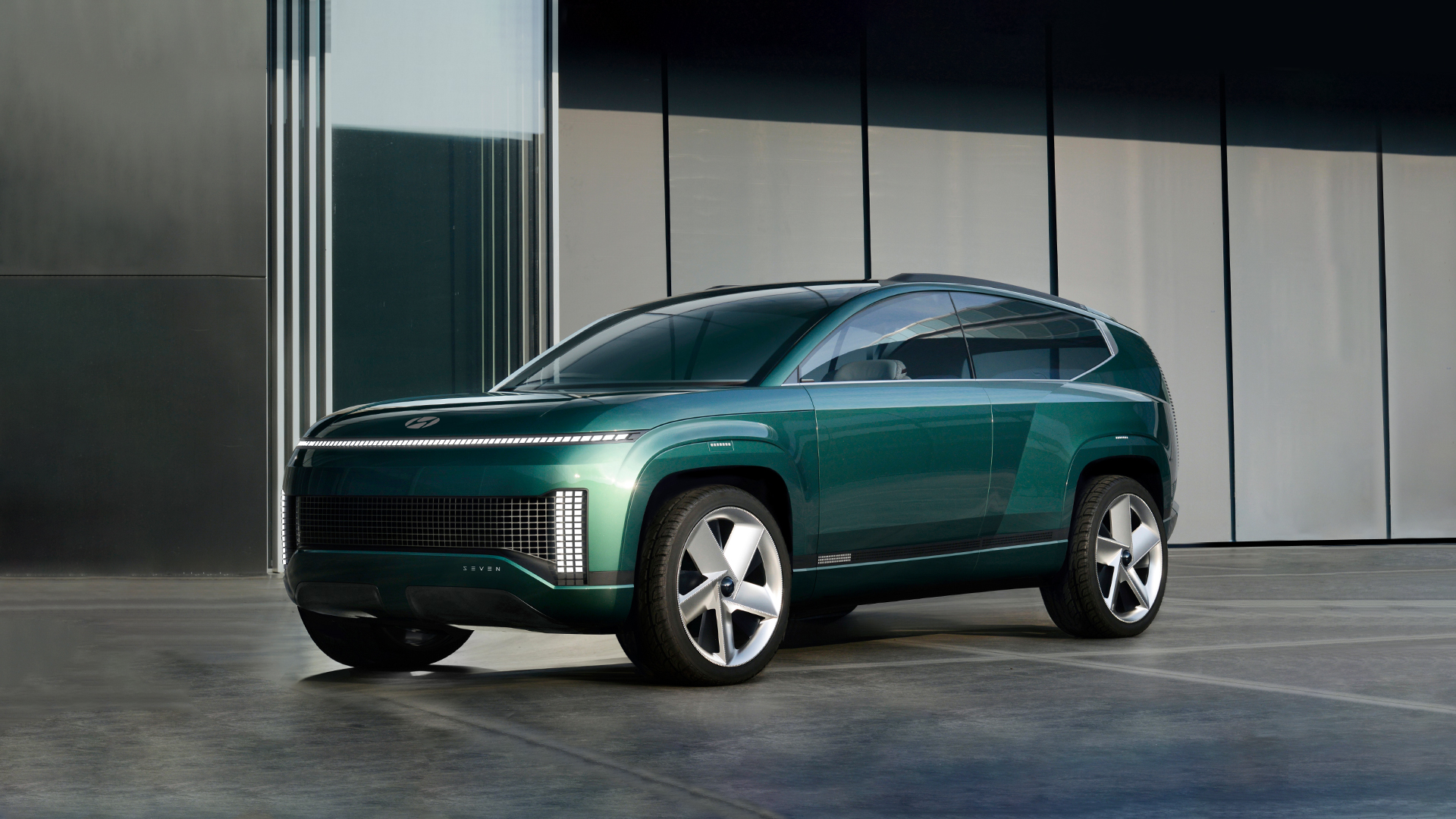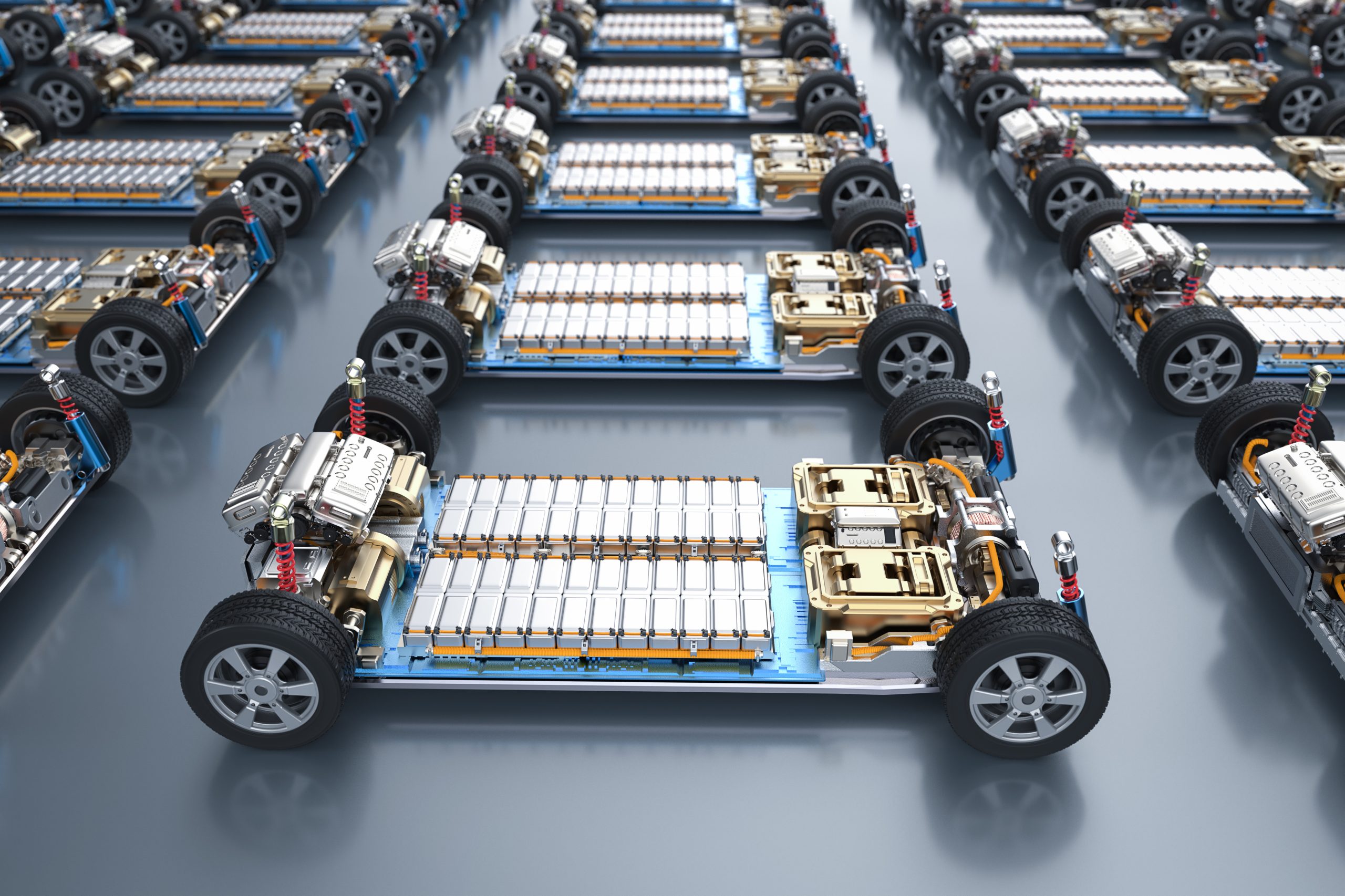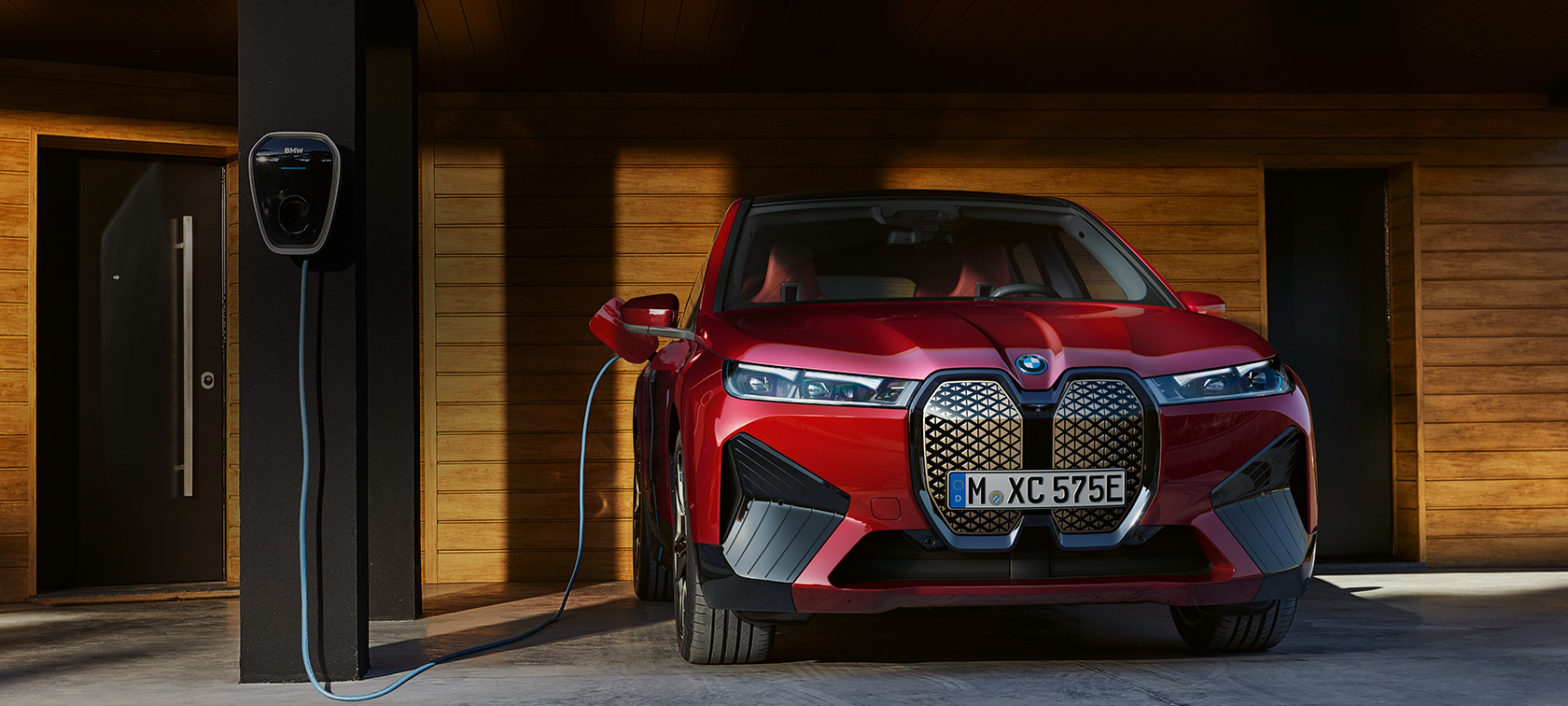Uncovering the Devastating Impact on Environment from Electric Cars : 2023
A Comprehensive Analysis of the Ecological Footprint of EV Battery Manufacturing and Recycling

Electric vehicles are intended to be an environment friendly alternative to gasoline vehicles. In the transformation of the mobility industry electrification will play an important role. The main dissimilarity between EV cars and Petrol cars is their motors. Electric cars have electric motors while Petrol cars have internal combustion engines.
MANUFACTURING OF EV CARS. IS THE PROCESS ECO-FRIENDLY?
The pattern of manufacturing a car begins with basic materials being extorted, processed, conveyed, and mass-produced into multifarious that will be congregated to produce the car itself. This process is immensely the same in both conventional and electric cars. However, at the conclusion of the manufacturing process, EV cars are the ones giving rise to more carbon emissions, as stated by the Union of Concerned Scientists.

The reason behind it is EV cars store energy in enormous batteries which have a high environmental damage. This occurs because these batteries are made of rare earth elements like lithium, nickel, cobalt or graphite that only subsist underneath the shallow of the Earth and so hinge on mining activities with contaminating procedures.
As an example, the production of one metric ton of rare earth elements generates approximately 75 metric tons of acid waste, which may not always be properly managed, as well as one metric ton of radioactive residues. Regardless of these pollution concern, investigation informs us not to stress about the accessibility of these rare earth elements when it comes to Lithium.
The demand for cobalt, graphite, and nickel in the coming years is projected to remain below the available reserves of these minerals on Earth. However, while it may seem like everything is under control, it’s important to remember the environmental harm caused by the extraction of rare earth elements (REEs).
Away from the weight of the rare earth rudiments, the energy used to fabricate the batteries is also responsible for nearly half of their environmental impact since utmost of this energy does not come from low carbon sources.
However, predictions suggest that electricity generation is increasing and more sustainable sources are being integrated into the grid. This trend is expected to reduce the environmental impact associated with the production of batteries.

ARE EV CARS BATTERIES RECYCLED IN AN ECO-FRIENDLY WAY?
In the gasoline car auto plant, grounded on a study from the International Council of Clean Transportation (ICCT), 99% of lead-acid batteries (the ones running in non-renewable energy sources) are recycled in the US.
This is not the case for the lithium-ion batteries that have particular mix of chemical elements and minute amount of lithium, which does not make them an alluring market opportunity.
For illustration, in the EU market, in 2011, only 5% of lithium was being gathered and the rest was either ignited or discarded in disposal area. This particularly does not make electric cars ecological at all, as it was not persuasive by cost or control to reclaim it by hydrometallurgical procedures.

Nonetheless, the other batteries that are out there, following the electric cars merchandise is developing, the more intriguing it gets to try to resolve how to reclaim them or regain rare earth elements(REE). So the possibility are that a strong recycling industry for these batteries will keep evolving and granting electric cars to become greener.
One potential solution could involve reusing these batteries and providing them with a second life, as they can effectively support the electric grid of buildings and store energy generated from wind or solar power sources. This approach would also help mitigate the environmental impact of battery production, as the batteries would be amortized over a longer period of time.
ARE EV CARS ACTUALLY ECOLOGICAL?
In terms of energy generation, if a vehicle is powered by burning fossil fuels, it still emits carbon dioxide into the atmosphere, albeit not directly from its tailpipe, but from a remote power plant. Regarding the recycling of batteries, the process remains both costly and ongoing, with the majority of batteries currently not being recycled.
Contrary to popular belief, electric cars are not entirely emissions-free vehicles. Although they do not release carbon dioxide while in use, emissions can still occur during three other stages: during manufacturing, energy production, and at the end of their life cycle. The initial stage of mining activities to extract rare earth metals used in batteries is particularly energy-consuming and can lead to significant pollution.

Despite the challenges, efforts are being made to improve the sustainability and eco-friendliness of electric cars. While there is certainly room for further progress, current electric cars are already generally more environmentally friendly throughout their lifecycle than traditional fossil fuel cars, particularly when powered by clean electricity.
Some nations are recognizing this and actively promoting the growth of the electric car market by providing fiscal incentives that make these cars more cost-competitive. Countries such as Norway, Germany, and Costa Rica are taking a dual approach, increasing their reliance on renewable energy while setting deadlines for the phasing out of conventional cars on their roads.

Are electric vehicles the solution to our mobility sustainability problem? The pressing need to avoid a 2°C temperature increase and prevent the adverse impacts of climate change compels us to seek the best solution.
However, avoiding the worst outcome is not the same as planning for the best. While we have Rare Earth Elements (REE) for now, we must ensure that we have enough for the long haul, especially with the UN forecasting that 68% of the universal humankind will inhabit in metropolis by 2050.
Traffic, parking, and high consumption rates are all challenges that must be addressed. Public transportation is a more eco-friendly option than individual vehicles, and we should prioritize reinventing it.
Scientists argue that the sharing economy of cars, motorcycles, or bicycles will be the next stage in the evolution of mobility, with innovative business models already being developed. Let’s welcome this change with open arms.
Proofread & Published By Naveenika Chauhan




